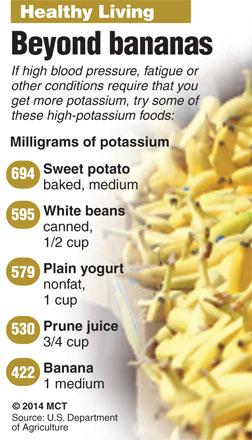You are here
After fasting month, dieticians urge moderation in Eid
By Dana Al Emam - Jul 05,2016 - Last updated at Jul 05,2016
AMMAN — Mindful eating and exercising during Eid Al Fitr are essential for a smooth transition in eating habits after the month of fasting, dieticians said on Monday.
Experts encourage fasters to consume balanced meals with appropriate portions of all nutrients during the holiday.
Eid Al Fitr, the Muslim feast marking the end of the fasting month of Ramadan, starts on Wednesday.
"We encourage people to carry on with the good habits they followed during Ramadan, such as organising meal times," said dietician Ghada Barghouthi, urging fasters to avoid fatty and processed junk food during the holiday.
She recommended eating fibre-rich fruit and vegetables and a gradual intake of food in terms of quality and quantity to avoid digestive problems.
Dietician Mohammad Abu Rayyan agreed, encouraging people to avoid fried foods as well as the excessive consumption of sweets, especially mamoul.
Mamoul, a pastry stuffed with date paste, walnuts or pistachios, is the traditional homemade sweet served to guests during Eid along with black cardamom-flavoured Arabic coffee.
"Having three pieces of mamoul a day is enough," Abu Rayyan told The Jordan Times.
Meanwhile, he encouraged people to have a light, early breakfast on the first day of Eid so that they will be hungry again a few hours later. This will help the transition back to eating three meals a day, Abu Rayyan explained.
In spite of family obligations, he said people should make the effort to find time for a short walk in order to stay physically active.
The Ministry of Health encouraged the public to gradually return to eating three meals a day and to follow the same meal times as Ramadan, especially on the first day of Eid.
During the fasting month, Muslims eat the suhour meal before dawn to prepare for the daily fast, and the iftar meal to break the fast at sunset.
In a statement released Monday, Health Ministry Spokesperson Hatem Azruie said up to 20 per cent of patients seen at medical clinics during Eid complain of digestive issues, including diarrhoea and infections among children and indigestion and acid reflux among adults.
Barghouthi said people should plan the traditional Eid visits to friends and family around meal times, and not the other way round, to ensure they eat three meals a day.
The dietician also encouraged people to consider the hygiene of the food they consume, as people are more likely to buy street food or eat at restaurants during the holiday.
Related Articles
AMMAN — Dieticians recommend eating foods that are rich in potassium and low in sodium for the pre-dawn suhour meal, to help fasters endure
AMMAN — Eid Al Fitr, which marks the end of the fasting month of Ramadan, begins on Wednesday, and people are excited to have fun, visit the
AMMAN — Restaurant owners on Wednesday remarked on the “noticeable” increase in demand during Eid Al Fitr, noting that sales were almost 50

















